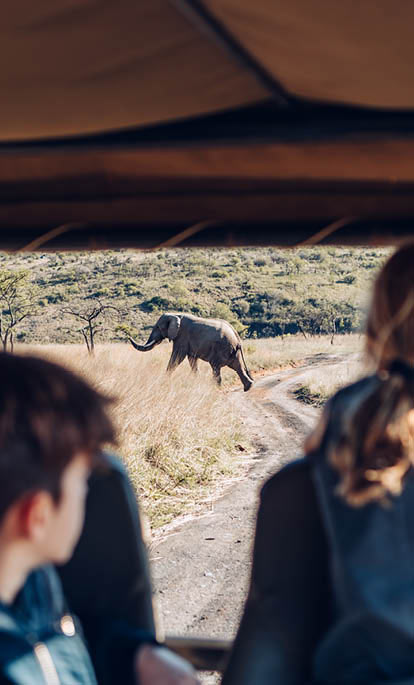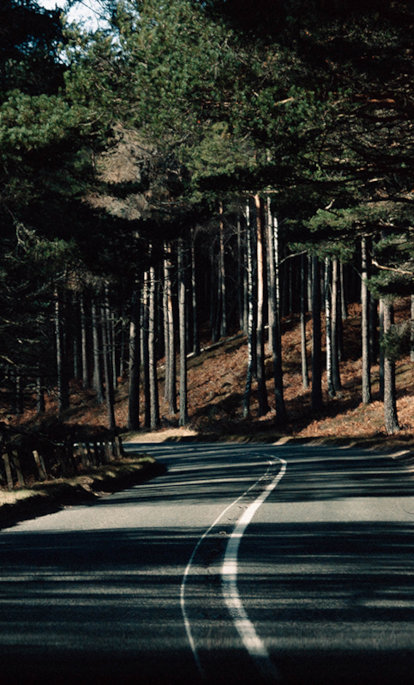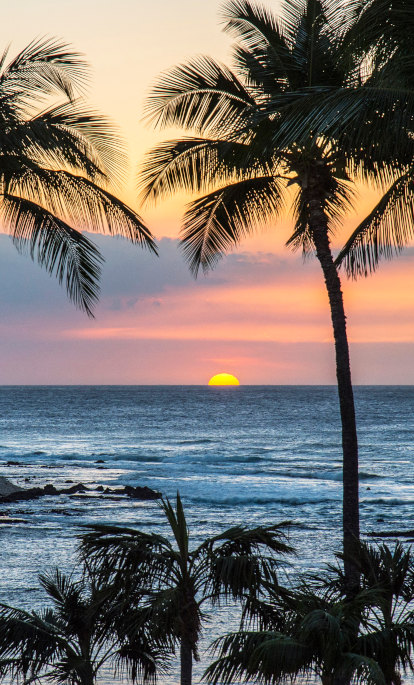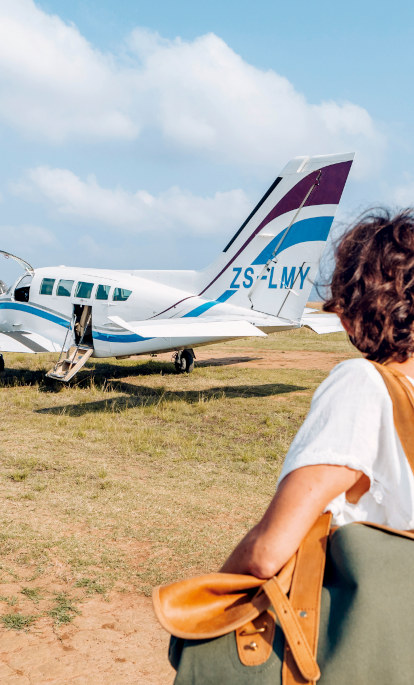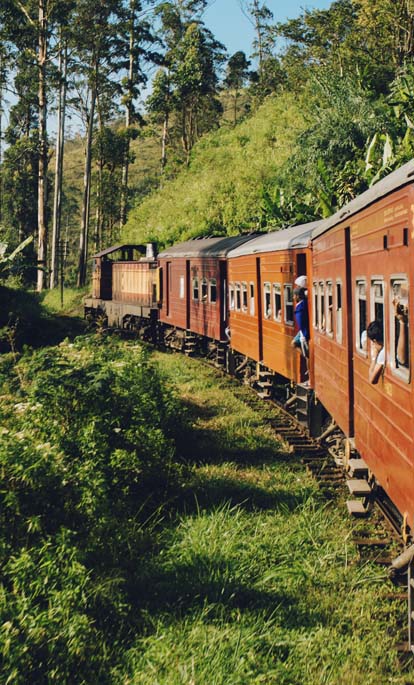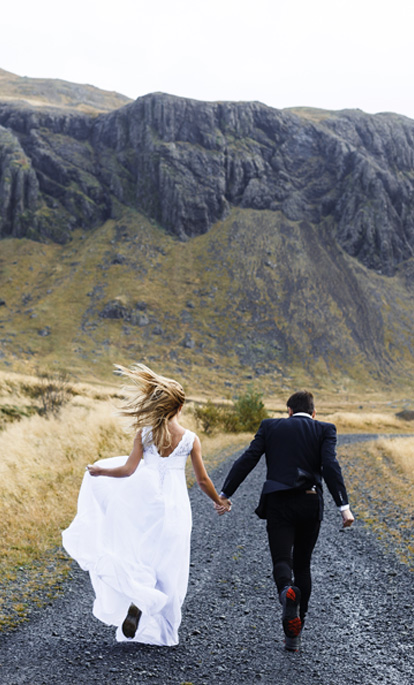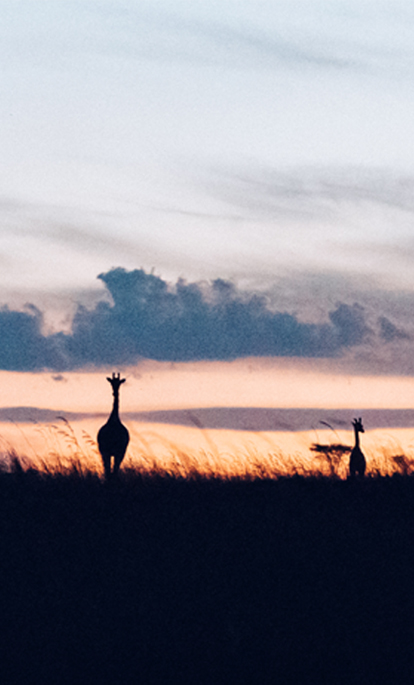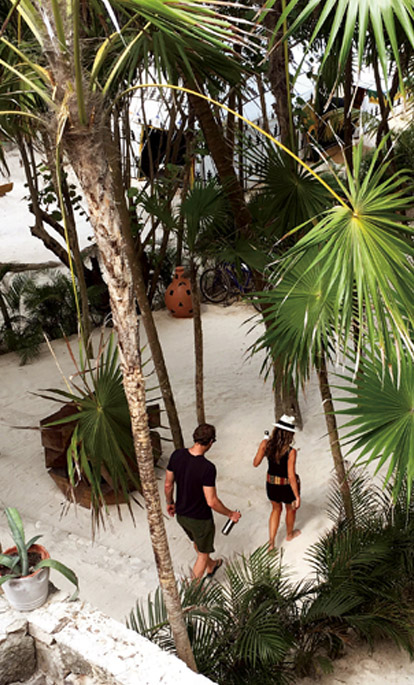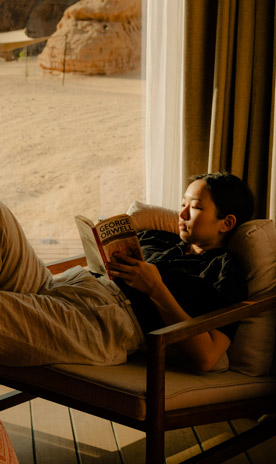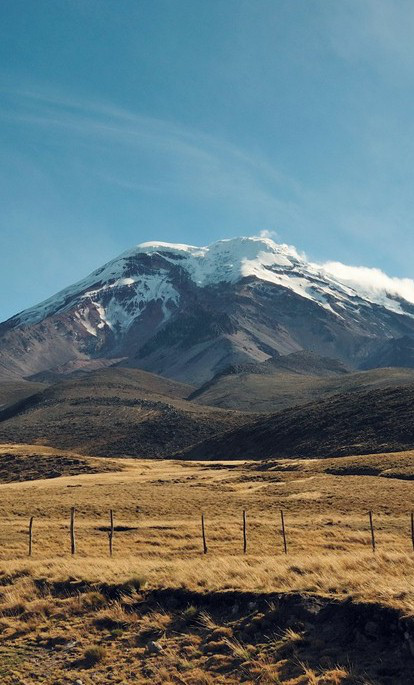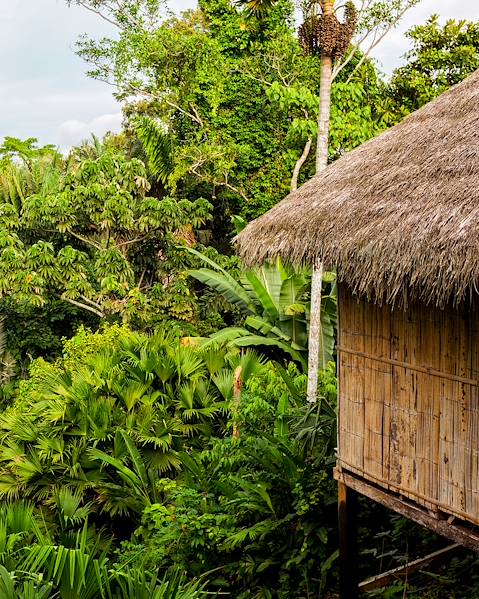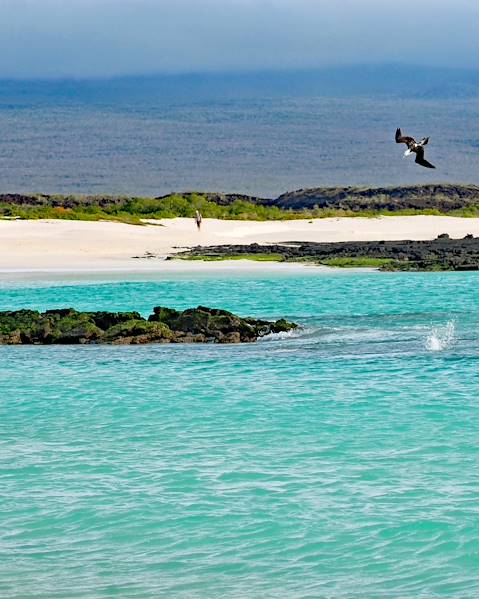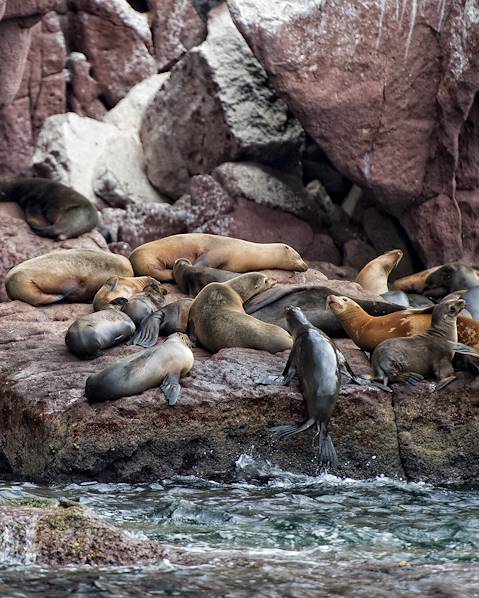Population
18,008,663 inhabitants (2021)
Official language
Spanish
Language spoken
Quechua and other indigenous languages are widely spoken in the countryside. English is spoken in the main tourist centres.
People
The population is much denser than in the other South American countries, with around 156 inhabitants per square mile. 30% of the population are indigenous (mostly Quechuas), 50% are mixed race, 10% are white (often of Spanish origin) and 10% are black or Asian.
Religion
The vast majority (95%) of Ecuadorians are Catholic.
National Holidays
Ecuador's National Day is August 10th, which is a public holiday to celebrate Quito’s independence from Spain in 1809.
Holiday Calendar
- 1st January: New Year's Day
- 6th January: Epiphany
- 11th February: Carnival
- March: Holy Week (which involves many processions)
- 1st May: Labour Day
- 24th May: Anniversary of the Battle of Pichincha
- 28th-29th June: Feast of St Paul and St Peter
- 24th July: Simon Bolivar’s Birthday
- 10th August: National Day of Ecuador
- 9th October: Independence of Guayaquil
- 12th October: Columbus Day
- 2nd November: Day of the Dead
- 3rd November: Independence Day in Cuenca
- 6th December: Anniversary of the Founding of Quito
- 25th December: Christmas Day
History
Ecuador's history is thought to date back some 30,000 years, when it was inhabited by hunter-gatherers. Over time, the population changed from being nomadic to living a more sedentary lifestyle and there are ceramics dating back to around 4500 BC. From around 3500 BC to 300 BC, the Valdivia, Machalilla and Chorrera tribes dominated the country, until the arrival of the Incas in the mid-1400s AD. Before this point, between 300 BC and 700 BC, there had been a considerable amount of regional development throughout the country, with the construction of stone walls, terraced hills and irrigation canals, by tribes such the Tolita and Mantena. In the 15th century, the Incas were at the head of a vast kingdom – the ‘empire of four quarters’ - which encompassed Peru, northern Chile, Bolivia and Ecuador. Local tribes in Ecuador fought off the Incas for many years, but eventually Quito fell to the Incas in 1492. The first Spanish conquistadors, led by Bartolomé Ruiz, arrived in 1526, followed by Pizarro in 1531. The country was then under Spanish rule for around 300 years.
In the 18th century, Ecuador welcomed many scientific expeditions, such as the one led by Charles Marie de la Condamine in 1735, who established the location of zero degrees latitude at the equator, followed by Charles Darwin in 1835, who famously visited the Galapagos Islands and established his theory on the evolution of species. Then in 1822, Ecuador gained independence from Spain when Simon Bolivar and his army defeated the Spanish. It wasn’t until 1830, however, that Ecuador became its own independent country. Since 1830, Ecuador has been characterised by the alternation of power between conservatives and liberals. Generally, the conservatives are based in Quito and have more similarities to the colonial system, focusing on land ownership and defending an economy based on agricultural production. The liberals, on the other hand, are better established in Guayaquil, a financial centre and important port for the Pacific, and believe in the modernisation of the country through industrialisation and the exploitation of mineral wealth.
Politics
Ecuador is a democratic country. The Constitution provides for three independent powers: the Executive (President and Vice-President), the Legislature (Congress) and the Judiciary (Supreme Court).
Famous Ecuadorians
- Jefferson Perez (1974-): The Ecuadorian Jefferson Perez became the first ever Olympic gold medallist for the country when he won gold in the Men’s 20 kilometres race walk in 1996. He also won the World Athletics Championships in the 20km walk in 2003 and set a new world record of one hour, 17 minutes and 21 seconds.
- Jorge Icaza Coronel (1906-1978): Ecuadorian writer best known for his work that highlighted the exploitation of Ecuador’s indigenous people by Ecuadorian whites.
- Julio Jaramillo (1935-1978): popular Ecuadorian singer nicknamed ‘El Pasillo’.
Etiquette
Tipping is at your discretion and while it’s not mandatory, it’s something that’s expected if you’re happy with the service you receive. For drivers, we recommend a minimum of £2 per person per day, and around £4 for guides. At your hotel, we’d suggest around £1 per item of luggage for the porter and around £1 for on-site local guides. For service staff, amounts can vary greatly, so it’s best to align your tip with the local economy: use the price of beer or tea to estimate the general cost of living. It’s also worth noting that an independent guide can earn between £25 and £40 per working day and an independent driver can earn around £15 and £25 per working day. In Ecuador, the average monthly net salary is around £200, but the disparities are significant. Tips are higher in the Galapagos than in the rest of the country and they’re usually expected, particularly at the end of a cruise, when you should tip the crew and the guide separately. A reasonable tip for good service onboard during an eight-day cruise is around £30 per passenger for the crew and around £15 per person for the guide. We would recommend avoiding handing out money in the street to beggars, but if you wish to help, you can provide school materials, clothing or medicines directly to schools, village chiefs or local dispensaries, who will be able to pass them on to those who need them.
Shopping
There are some very famous craft markets in Ecuador, such as Otavalo - a small town perched at an altitude of 8,464ft - and throughout the country craftsmanship is very varied and of good quality. Items for sale may include rugs, wall hangings, bags, jumpers, pottery, jewellery, leather, ponchos and Panama hats (which in fact originated from Ecuador and not Panama, as the name suggests).
Food
Ecuadorian cuisine is excellent and very varied. Expect to eat plenty of chicken, fish, ceviche (marinated raw fish), churrasco (grilled meat, often served with corn, rice and cassava), empanada (meat-filled pastry) and plenty or rice, corn and potatoes. There is also plenty of fresh fruit to enjoy in Ecuador, the most common of which is bananas.
Drink
We would strongly advise against drinking tap water in Ecuador and sticking only to bottled water. A well-known drink in Ecuador is chicha, which can be fermented or non-fermented and is usually made from corn or sometimes cassava roots.
